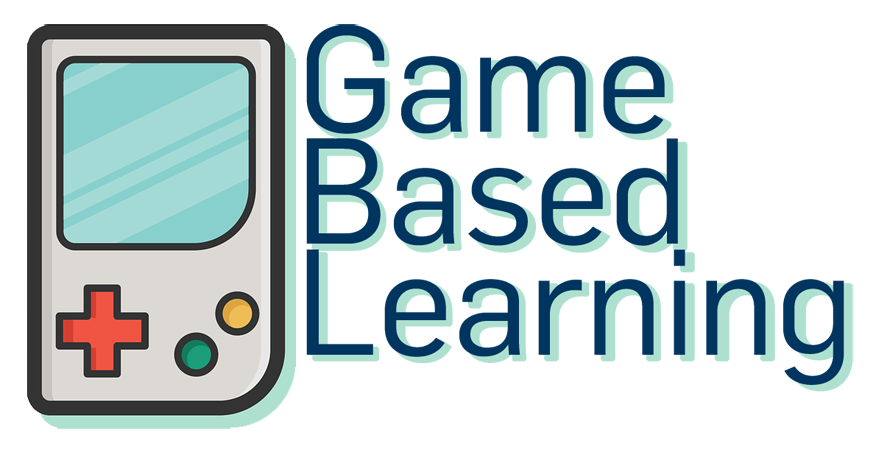
Games usually contain learning activity scenarios that allow players to immerse themselves in narrative stories. Educational video games can correspondingly allow children to stimulate their developmental awareness. We also allow children to actively express themselves as individuals when learning and participating in social activities. While spending a few hours playing games on the theme of civic and political life with many young people, we find that today’s games are more social. Those students who participate in educational video games can put forward deeper and more meaningful constructive opinions in all academic fields. The lido learning also teaches children on the concept of game based learning.
The success of the game-based learning strategy is attributed to the construction of an experiential learning model centered on active participation and in-depth interaction, which is precisely the solution that the current educational methods cannot raise students’ interest in learning and participation. The empirical experience and the powerful appeal of the game make the game more and more enter the field of higher education and vocational training. Game-based learning is an expanding field, from simple paper-and-pencil games similar to word-filling to complex online games (MMO) and role-playing games with multimedia. Using these role-playing games at lido classes that provide collaborative learning for learners to create and apply the knowledge they have learned, implement experiments, and verify the results and forms of various forms of feedback, such learning can gain the experience of an “effective virtual world” experience.
What makes the game enjoyable is the learning process based on constructivism. This construction process runs through the entire learning process. People rely on this process to grasp and try to understand the new system. Through games, the process by which individuals understand a new concept can be a so-called game entertainment (such as Call of Duty) or serious professional learning (such as a flight simulator). Well-designed games are the kind that stimulates the players and gives them Provide an ideal learning environment. Facing the effective and interactive learning experience contained in the game, this makes the challenges from the real world simplified. In a successful game-based learning environment, learners can independently choose behaviors and experience results. This targeted learning allows learners to make mistakes in a zero-risk environment. The game has strict rules, good structure, and motivational goals. The game is interactive, can provide results output and timely feedback. Most games also face the problem of solving how to stimulate creativity.
The famous American scholar Kathy Davidson stated that “about two-thirds of elementary school students today will be engaged in work that has not yet been invented in the future. If they want to flourish in such a rapidly changing world, the ability to think and act creatively has become unprecedented important.”
In contrast, people with a fixed thinking model believe that intelligence is a fixed trait. They may see mistakes as a sign of senior internal defects, so they tend to avoid challenges and give up easily.
